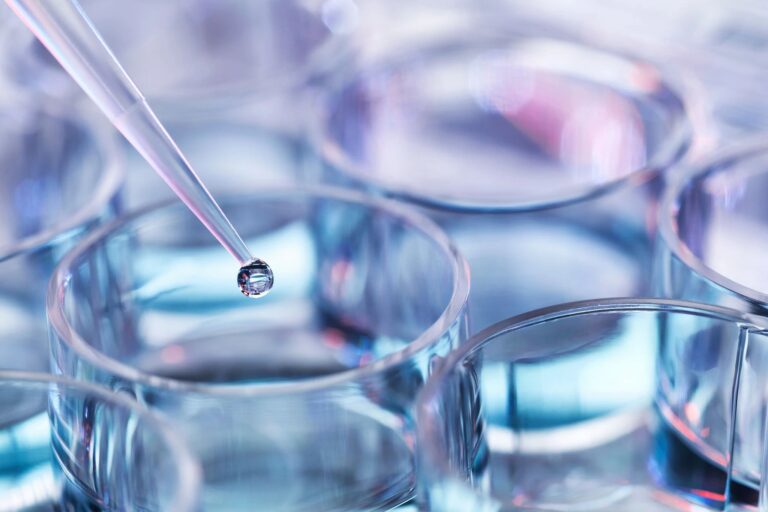Cart (0 Items)
Your cart is currently empty.
View Products
From protecting your antibody discovery through patent applications to enabling AI-driven engineering, antibody sequencing is a critical milestone in any development program. ProteoGenix provides this service at competitive pricing with rapid turnaround, while ensuring long-term preservation of your hybridoma-derived sequence. Securing the sequence creates a durable reference, allowing recombinant antibody production to continue even if the original hybridoma cell line is lost.




Discover the complete path from hybridoma sequencing to recombinant validation and advanced engineering in this case study.
